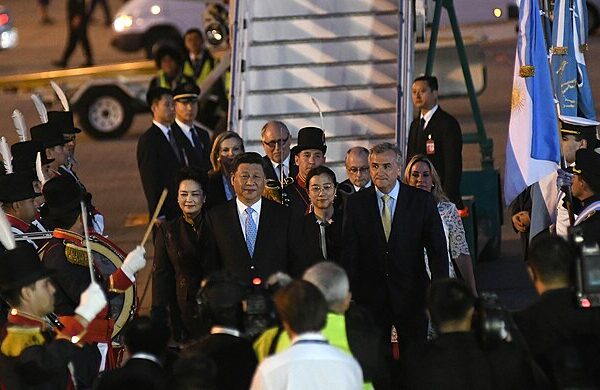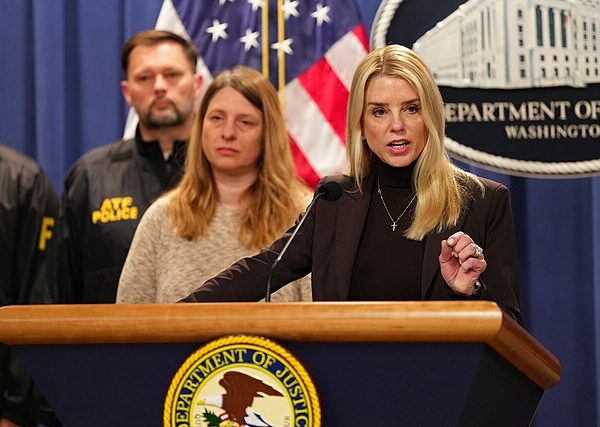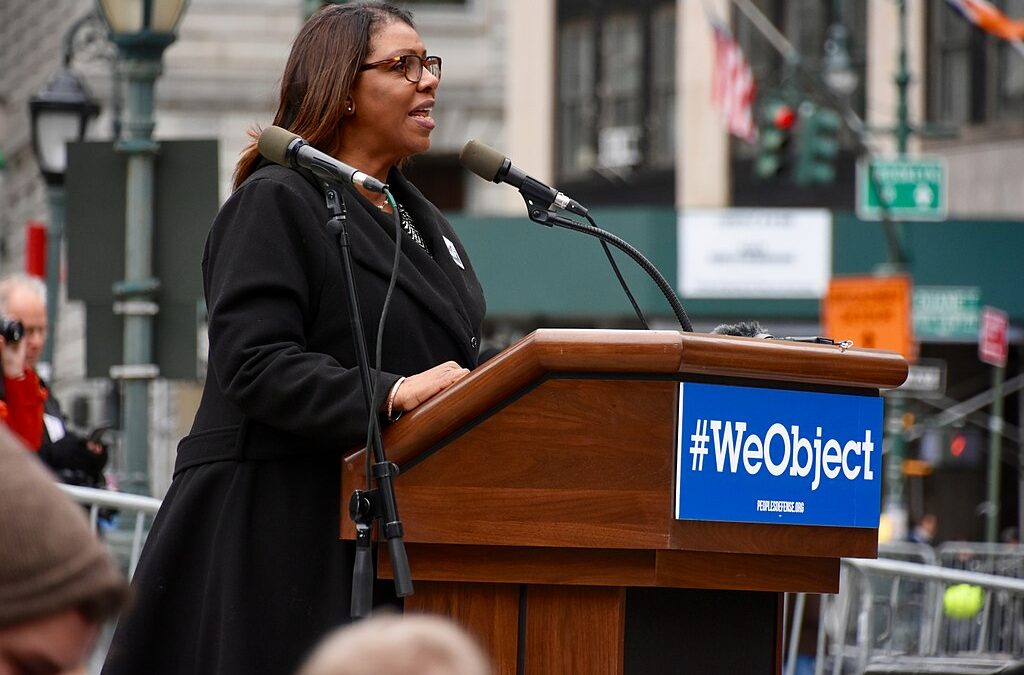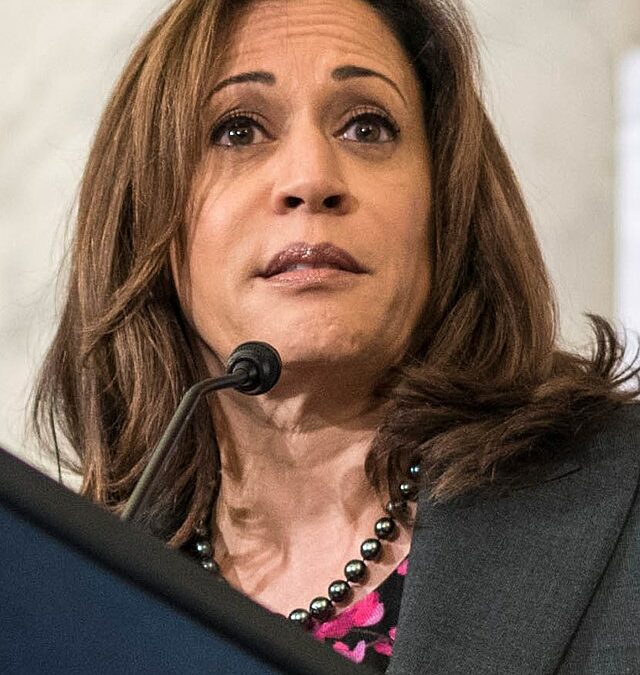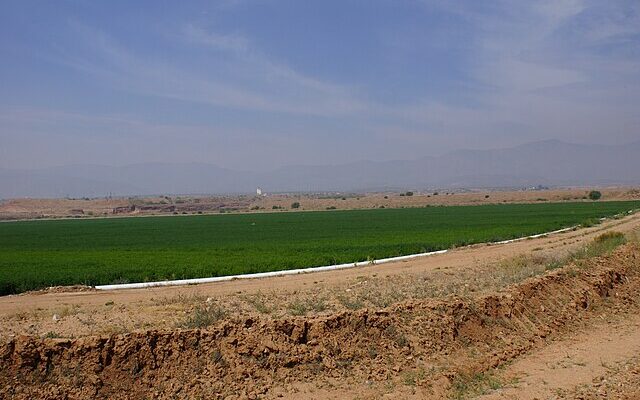
Amidst the scorching heat of drought-ridden Arizona, the Scottsdale City Council has taken drastic action, unanimously banning natural grass in front of all upcoming single-family homes. The move is intended to conserve water as the Grand Canyon State bakes in the dessert sun during a hot summer.
“By adopting this ordinance, Scottsdale aims to lead the way in water conservation practices, setting an example for other communities across the region,” said Brian Biesemeyer, executive director of Scottsdale’s water department.
To the west of the city in Butler Valley, you can found beautiful green fields and water galore. Unfortunately for the residents of Arizona, however, that water belongs to Saudi Arabia.
The Washington Post reports that “green fields of alfalfa stretch across thousands of acres of the desert land, shimmering in the burning sunlight. Wells draw water from deep underground, turning the parched earth into verdant farmland.
For nearly a decade, the state of Arizona has leased this rural terrain west of Phoenix to a Saudi-owned company, allowing it to pump all the water it needs to grow the alfalfa hay — a crop it exports to feed the kingdom’s dairy cows. And, for years, the state did not know how much water the company was consuming.
The lack of information was a choice.
Soon after the company, Fondomonte Arizona, arrived in the Butler Valley in 2015, state planners suggested asking the company to install meters and report its water use, according to a memo reviewed by The Washington Post. That way, the memo argued, the state could “at least obtain accurate information” on water drained from the valley — water that could otherwise serve as backup for booming urban areas.
But the proposal “hit a stone wall,” John Schneeman, one of the planners, told The Post. It was spurned, he said, by officials in the administration of then-Gov. Doug Ducey (R) who were “cautious of tangling with a powerful company.” The proposal also ran headlong into a view, deeply held in the rural West, that water is private property that comes with access to land, rather than a public resource.
Business Insider documented that communications between the state and Fondomonte revealed that “the company consumes enough water annually to support a city of more than 50,000 people. In 2022, the Fondomonte used 16,415 acre-feet of water last year — the equivalent of covering about 12,500 football fields under a foot of water.”
Saudi Arabia has spent that last few decades obsessively working to conserve water. The country faces significant water scarcity challenges, and as a result, it has implemented various measures to manage and conserve its water supply. One of the notable initiatives is the expansion of desalination plants, which convert seawater into freshwater. Saudi Arabia is one of the world’s largest producers of desalinated water, providing a significant portion of its freshwater needs. This strategy has greatly reduced the country’s dependence on groundwater, helping to preserve its precious water resources.
Furthermore, the government has implemented strict regulations and policies to promote water conservation. These measures include public awareness campaigns to educate people about the importance of water conservation, encouraging individuals and businesses to adopt more sustainable water usage practices. The authorities have also introduced pricing mechanisms that incentivize water conservation and discourage wasteful consumption. These efforts aim to raise awareness about the scarcity of water resources and encourage responsible water use among the population.
Another significant step taken by Saudi Arabia is the implementation of advanced irrigation techniques in agriculture. Traditional methods of irrigation, such as flood irrigation, are highly inefficient and result in excessive water wastage. The country has actively promoted the use of modern irrigation technologies, such as drip irrigation and precision sprinklers, which minimize water loss and ensure efficient water distribution to crops.
When faced with criticism of the project, however, it’s not just lax laws that the Saudi’s are using against Arizonans. They’re also willing to deploy wokeness. Business Insider noted that after being contacted for an explanation “land-use expert and attorney, Jordan Rose, who was hired to lobby on behalf of the company, wrote: ‘The fact that this farm has been singled out over all other similar sized State Land Dept farm leases that are sending crops overseas or to other parts of our country seems xenophobic at best.'”
[Read More: Military Accidentally Giving Away Secrets To Russia]

